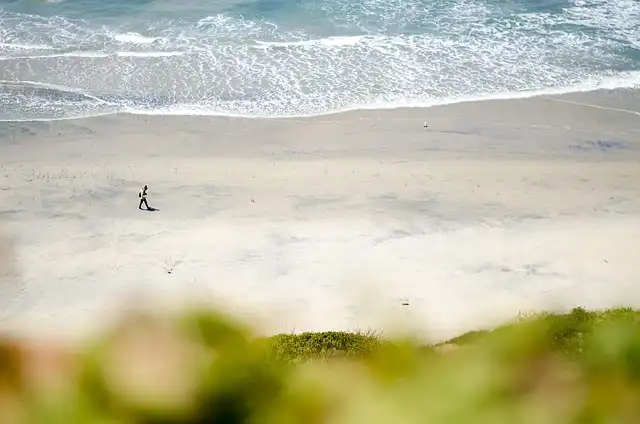
The San Peoples, known as Khwe, make up 80 percent of the 5,500 people that live in the Bwabwata National Park in northeastern Namibia. In 2007, when the national park was established, the San people were relocated and constrained to limited locations.
She looks for to create an instructional system that values and includes Native methods of recognizing and to equip Khwe kids to prosper and learn in their very own language, constructing a solid foundation for their identification and future. The efforts of the San youth collective and Dinyando’s management is a powerful testimony to the importance of Indigenous knowledge and the resilience of Native Peoples. Her commitment to education is a stimulant for adjustment, inspiring hope for a future where Khwe culture embellishments and young individuals have the opportunity to become leaders in their very own neighborhoods.
While pursuing a Bachelor of Education And Learning at the University of Namibia, she has been actively entailed in neighborhood growth, offering at the Female’s Management Centre to empower San women in political participation and offering as a young San ladies and ladies group facilitator.
While pursuing a Bachelor of Education And Learning at the University of Namibia, she has been actively included in neighborhood growth, volunteering at the Female’s Management Centre to empower San females in political involvement and serving as a young San ladies and women group facilitator. “Growing up, I saw firsthand how the absence of education and learning impacted our community.
Along with losing access to their ancestral lands, the forced assimilation and imposition of colonial systems deeply affected the San Peoples’ genealogical lifeways and transmission of According to Namibia’s 2003 language policy by the Ministry of Basic Education, Sports and Culture, the language of instruction in qualities 1 to 3 ought to either be a mother tongue or the primary neighborhood language. Nonetheless, the language used in the lower primary grades of our institutions is of the second-largest ethnic group, which Khwe youngsters discover exceptionally challenging to understand and causes some children quiting of institution. Worried bythe decrease in analysis and writing skills among Khwe San communities in Khwedam, a team of six young San females of the community collaborated to promote for the revitalization of the language with narration. Led by Patricia Dinyando (Khwe San), the collective strove to document ancestral folktales in Khwedam and translate them into English to make it possible for various other neighborhoods to access the Khwe San social tradition.
The Khwe Yicerengu Xi job, sustained by Social Survival’s Indigenous Youth Fellowship, is a foundation of Dinyando’s efforts to renew Khwe culture. By equating and documenting Khwe folktales, she aims to bridge the void in between conventional knowledge and contemporary education and learning.
The San Peoples, understood as Khwe, make up 80 percent of the 5,500 individuals that live in the Bwabwata National Park in northeastern Namibia. In addition to shedding access to their ancestral lands, the forced assimilation and charge of colonial systems deeply influenced the San Peoples’ ancestral lifeways and transmission of According to Namibia’s 2003 language plan by the Ministry of Basic Education And Learning, Sports and Culture, the language of instruction in qualities 1 to 3 need to either be a mother tongue or the predominant regional language. Concerned bythe decrease in analysis and composing skills among Khwe San areas in Khwedam, a group of six young San ladies of the community came with each other to advocate for the revitalization of the language through narration. Led by Patricia Dinyando (Khwe San), the collective ventured to document ancestral folktales in Khwedam and equate them into English to allow various other neighborhoods to access the Khwe San cultural heritage.
Generally, education and learning among the Khwe was an immersive experience intertwined with daily life. This dental practice fostered a deep understanding of the natural globe, survival techniques, and the intricate web of partnerships within the area. The imposition of western education, with its focus on composed language and formal schooling, marginalized Native expertise systems.
1 Assange2 Bwabwata National Park
3 Khwe San
« A Story about the Beating Heart of the Nasa Yuwe LanguageGoogle is worth more in Australia than major news outlets. Here’s how it could better fund journalism »
